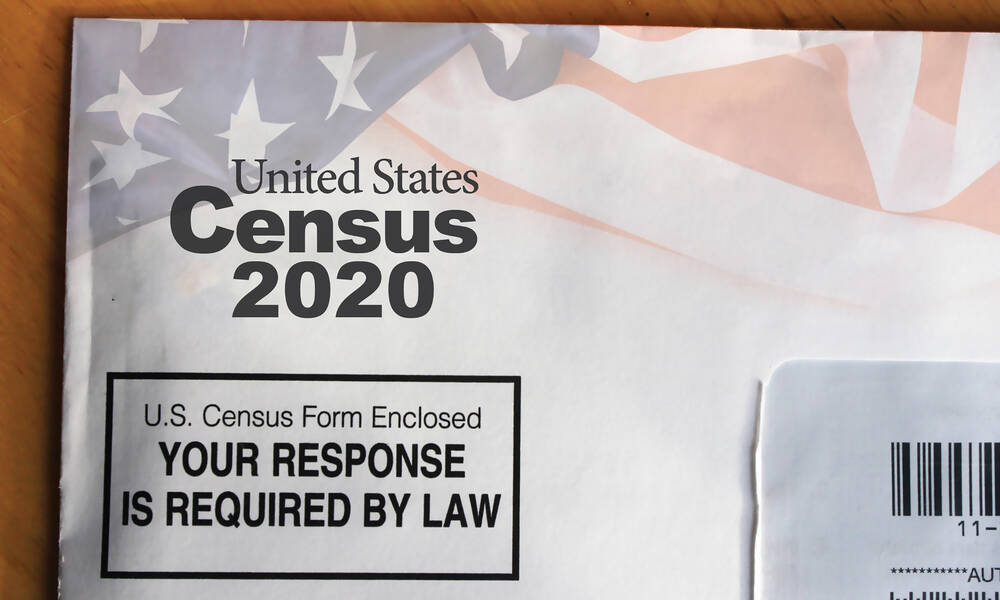
Months Before 2020 Census Gets Underway, State Nonprofits Boost Campaigns
The decennial process of counting the U.S. population is about to get underway, and nonprofit coalitions are starting to boost their Census awareness efforts—complete with major ad campaigns.
The 2020 Census is pretty close to getting going, and nonprofit organizations in states around the country are getting their ducks in a row to ensure that everyone gets counted.
And, when necessary, those nonprofits are speaking up about issues with the process.
One such group, announced this week, is called the CountMeInWV Coalition, which is bringing together more than 25 West Virginia-based nonprofits in professional, service, and advocacy sectors. Jennifer Wells, the executive director of the West Virginia Healthy Kids and Families Coalition, says that such a coalition is important because an accurate count is key, especially since the state receives $2,755 in federal funding for every person counted.
“This Coalition is vital because it’s going to take all of us to make sure West Virginia counts in the 2020 Census,” Wells said in a news release. “With partners and friends who have been on the ground across the state for years, we will center communities and community leaders in getting the count out so they can receive the resources we all need to grow.”
Also picking up its efforts is the Michigan Nonprofit Association (MNA), which is investing nearly half a million dollars in a statewide campaign that will target mediums as diverse as billboards, cable television, secretary of state offices, and social media in the weeks before Thanksgiving. The campaign will be followed up by an even larger campaign next year.
“With so many competing messages and people leading busy lives, we thought it was important to start to introduce this to people (sooner),” explained Joan Gustafson, MNA’s external affairs officer, in comments to Crain’s Detroit Business.
Other states that have struggled with undercounting, like Hawaii, are receiving a lot of nonprofit support as well. The Council for Native Hawaiian Advancement, for example, is spending $800,000 to work on encouraging Hawaiians and other Pacific Islanders to fill out the census.
“If you have a greater number of Hawaiians that are reflected through the census, that’s more political credibility, it’s more mana … power and influence,” noted Joe Kuhio Lewis, the head of the council, in comments to Honolulu Civil Beat.
Beyond awareness, organized Census campaigns are at times taking on an advocacy angle. For example, the Illinois Count Me In 2020 coalition raised direct concerns with the “hub and spoke” approach that the state is taking in disbursing money to promote the campaign. Steven Monroy, who serves as a staff attorney for the Mexican American Legal Defense and Educational Fund, a member of the coalition, noted to WBEZ that there were concerns that the disbursement process would lead to delays in creating awareness campaigns.
“The worst case is that the money does not get out the door soon enough and is not available in a timely manner to start doing a lot of the work for the [census],” Monroy said.
The 2020 Census has already been particularly fraught. There are multiple reasons for this: First, the process is expected to increasingly move online; and second, an attempt to add a citizenship question by the Trump administration, which eventually failed over the summer, created shifting political parameters around the process.
(WildandFree/iStock/Getty Images Plus)






Comments